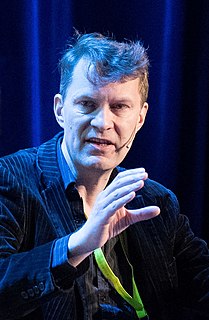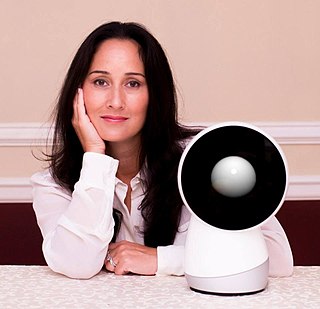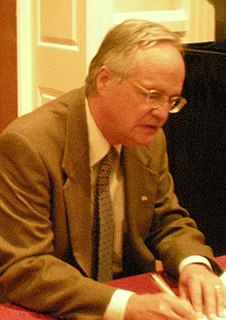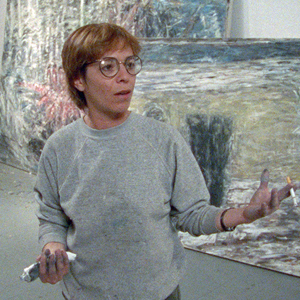A Quote by Khaled Hosseini
A Western-style democracy in Afghanistan is a dream. I don't see that as a reality anytime soon. But I think some form of representative political process is not that far-fetched.
Related Quotes
To me, what success looks like is not to believe that Afghanistan can become a unified, Western-style democracy with a developed-country economy just yet. I think success in the American interest is some level of assurance that it's not going to be a place that again leads to an attack on the American homeland.
The word "democracy" is a Western word obviously. It doesn't exist in Arabic. Democratiya is a loan word. We in the Western world make the great mistake of assuming that ours is the only form of good government; that democracy means what it means in the Anglo-American world and a few other places in the West, but not many others. Muslims have their own tradition on limited government. Now in Islam, there is a very strong political tradition. Because the different circumstances, Islam is political from the very beginning.
President Obama has said that our aspirations should be realistic. We are not going to turn one of the poorest countries in the world, that was plunged into 30 years of war, into an advanced, industrialized, Western-style democracy. What we want to achieve is Afghanistan's capacity to secure and govern itself.
My four years in Russia end, then, in dramatic fashion: with a textbook Soviet-style expulsion. I am the first western staff correspondent to suffer this fate since the end of the Cold War. I'm stunned. But my expulsion is not, I reflect, a surprise. It's something I have always accepted as a real, if far-fetched, possibility.
When we speak of the origin of western democracy it's precisely here, in this territory that the modern definition of democracy first emerged in city/states known now as Greece. This was coming from a society in which 30 thousand citizens had rights and 300 thousand were slaves and citizens without rights that lived in this territory. So that was the concept of western democracy; some citizens had the prerogative of exerting their civil and political rights while the others had none.
If you look at Indian society, it's a society made up of minorities. There's nobody who's not a minority, whether it's ethnicity, caste or religion. But the whole effort now is to confect a political constituency - an ethnic or a religious constituency that can coalesce into a political majority in order to deal with this model of representative democracy. That process has been a hundred years in the making in this part of the world.
I think there has to be an interesting transformative process between your perception of reality and making the paintings. If you are just trying to render what you see you are not entering into a transformative process. And that's what makes a good painting: the process of transforming and the willingness to leave reality behind.







































